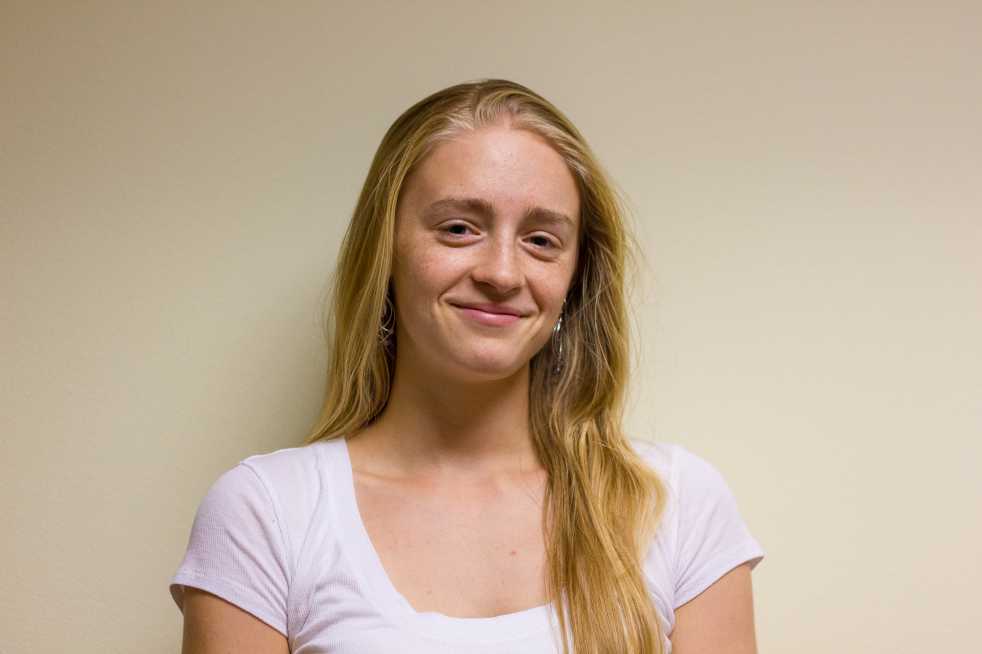Last week, the White House acknowledged that “sexual assault is pervasive because our culture still allows it to persist.” This is both good news and bad news—good, because an authority has made the point, which is not as widely believed as it should be; and bad, because cultural problems take time and effort to change. Progress requires change not only in legislation and behavior, but also belief.
Luckily, progress is one of Tech’s strengths. Unfortunately, as a university, we are more affected by sexual assault than the general population: 25 percent of college women and three percent of college men are victims of rape or attempted rape. (Those numbers would be higher if they included other forms of sexual assault.) On the face of it, those are just numbers: impersonal and faceless.
Look at the numbers a different way: There’s probably at least one survivor in your large lecture class. There might be one in your family. If you live in a sorority or on all all-women’s hall, there is almost definitely a survivor among your neighbors. Unfortunately, you probably have no idea, because victims rarely speak about what happened to them.
There are a lot of reasons that make survivors stay silent, too many to list here. One of the most significant, however, is one that we are all most able to change: our culture’s nasty habit of blaming the victim for the crime. This puts a cruel burden of shame on the victim, when the shame should be entirely the attacker’s.
Victim-blaming is the belief that the victim had any control over what happened to him or her. Examples include the belief that men can’t control themselves around women in sexy clothing. Or that if a woman is drunk, she is partially responsible for what a predator does to her. Or really any situation in which anyone, ever, says “she asked for it.” Victim-blaming is wrong in every sense. Sexual assault is entirely the fault of the attacker.
That is not to say that society is helpless to make progress. What we need to do is become a society in which sexual violence is not tolerated. I want to live in that society: one in which no one ever asks a survivor what she was wearing or whether she was drinking. I want to live in a society where it’s not necessary to tell RAs and PLs in training not to ask those questions. I want it to be obvious that it is always, entirely the attacker’s fault.
When we stop blaming victims, survivors will feel more comfortable telling people what happened. That will not only help survivors recover, but also make society increasingly aware of the problem. It will trigger our empathy and we will act.
For now, there are things everyone can do. Bystanders can make a real difference in sexual assault situations, especially on campus where so many sexual assaults occur at parties. If you see what you suspect is sexual assault happening, or about to happen, do something (if you feel safe doing so). This can be very simple: If you see someone trying to get someone drunk, leading a drunk person away from everyone else or doing anything to an unconscious person, say something. If you hear someone engage in victim-blaming, call him or her out. If you hear someone trivialize sexual assault (rape jokes), call him or her out.
It would be disingenuous of me to argue that survivors should speak up without doing so myself. In fall 2012, on campus, a trusted friend assaulted me. I did not report it to the police, though I wish I had. Before I started telling people what had happened, I knew not a single person who had told me that they, too, were a survivor. Now I know half a dozen (including a man). Already, I see that sexual assault is far more pervasive a problem than I had thought. I wonder what would happen if everyone spoke up.
